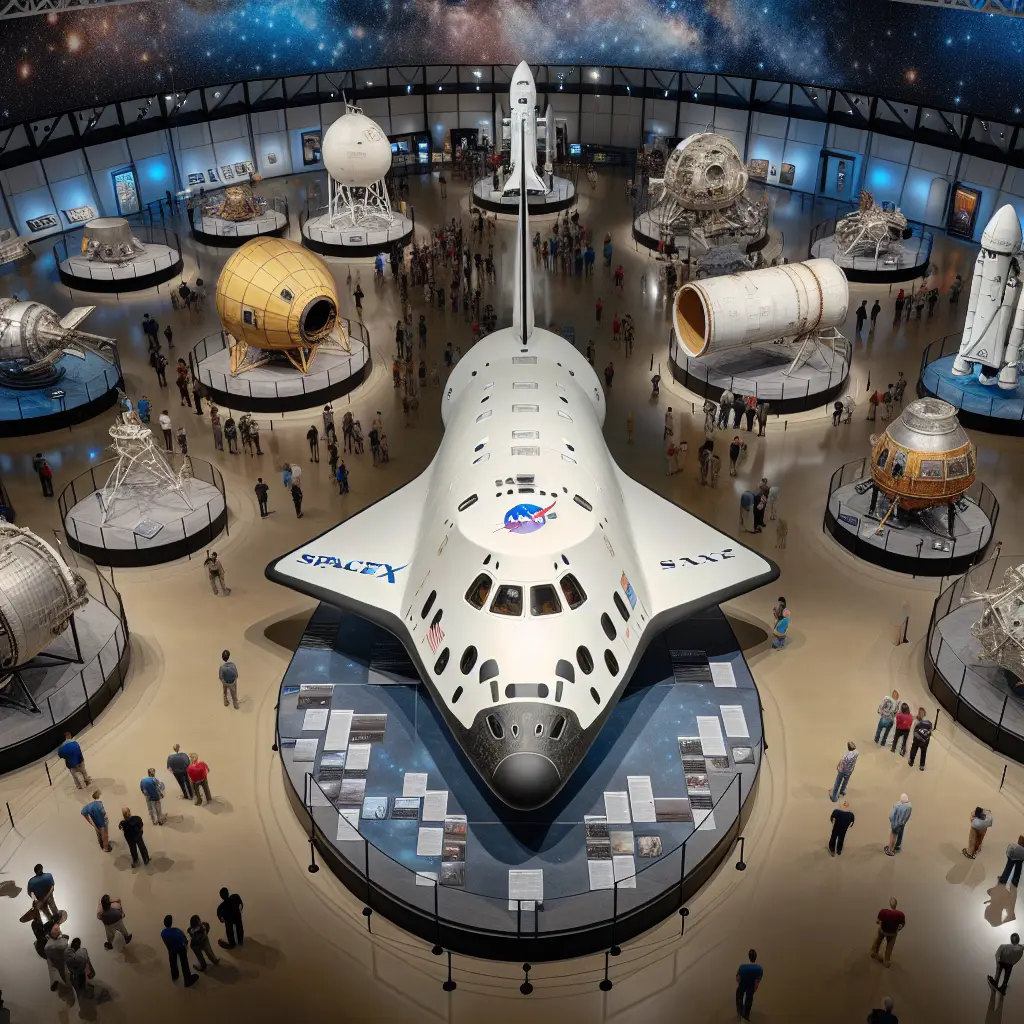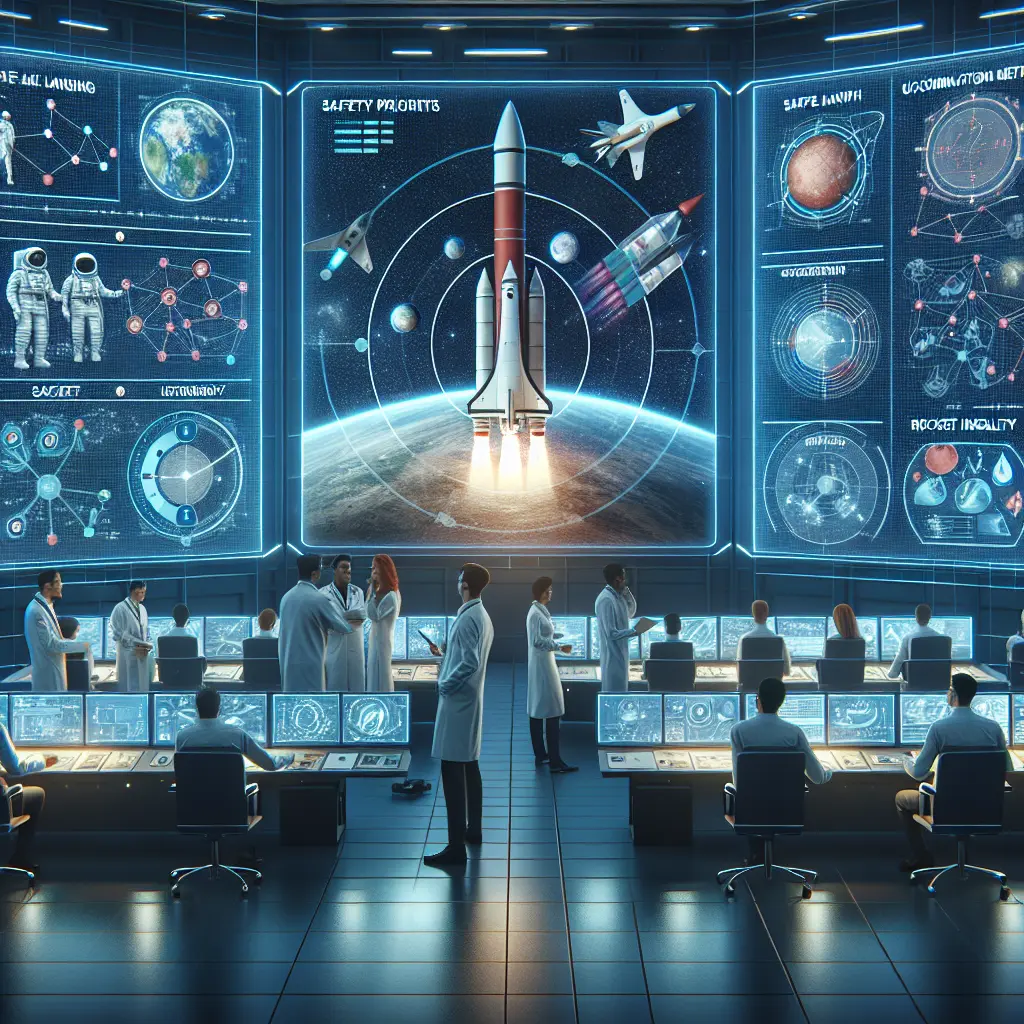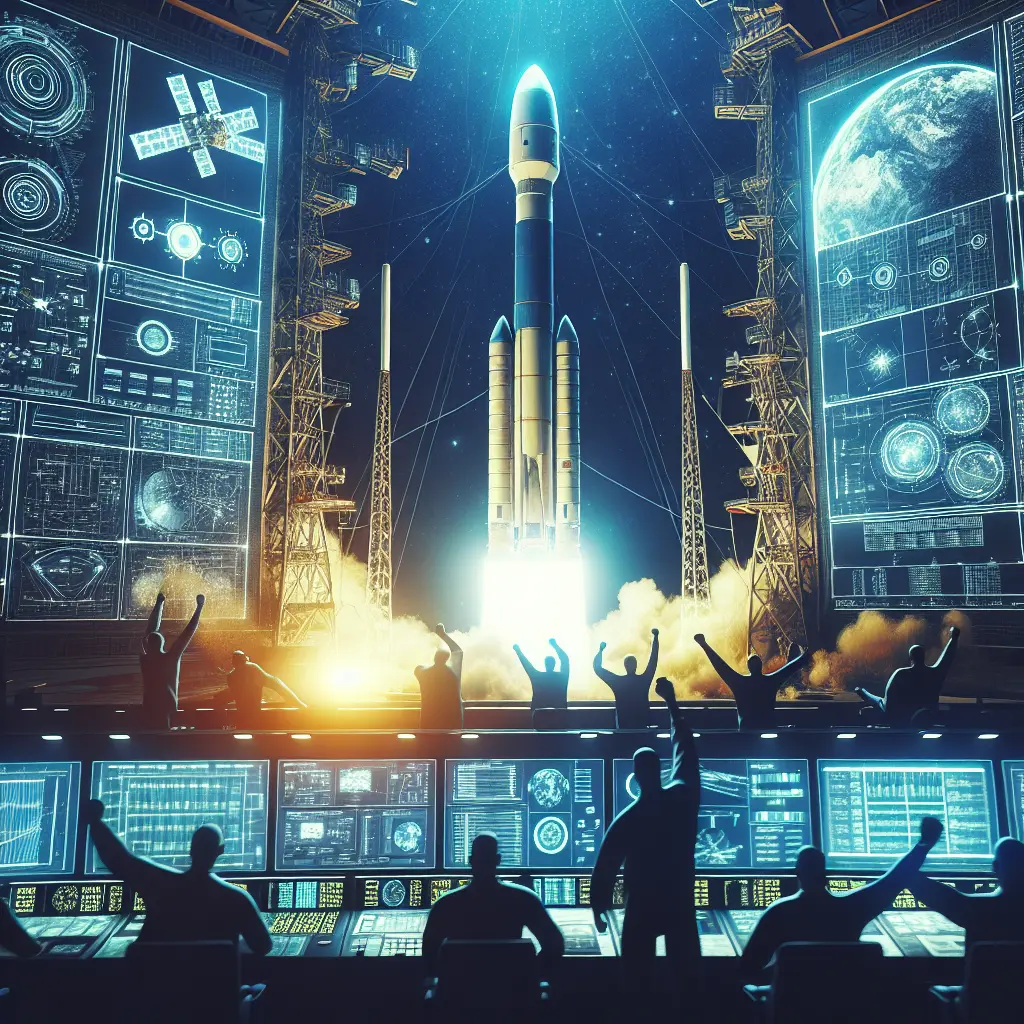SpaceX, under the visionary leadership of Elon Musk, has consistently pushed the boundaries of what's achievable in space technology. The advent of SpaceX reusable rockets has not only revolutionized the aerospace industry but has also ushered in a new era of economic feasibility and environmental consciousness in space exploration.
In this blog post, we will delve into how SpaceX's innovations in rocket reusability are transforming space mission costs and the broader space industry.
The Economic Impact of Reusable Rockets
One of the most significant breakthroughs by SpaceX is the development of reusable rocket technology, embodied by their Falcon 9 and Starship rockets. The traditional expendable launch systems, where each rocket is used only once, represent a considerable financial burden. In contrast, SpaceX’s reusable rockets have proven not only technically viable but also cost-efficient. By recovering and reusing rockets, SpaceX has dramatically reduced the material cost per launch which translates directly to lower SpaceX launch costs for clients.
A tangible example of this cost reduction can be seen in the Falcon 9 cost savings. The use of Falcon 9 has been a game-changer in reducing satellite launch costs, making space access more affordable for a broader range of customers. Moreover, the impending full-scale deployment of Starship — designed for even greater reuse capabilities — promises further reductions and potentially transformative economic implications for interplanetary travel.
Sustainable Space Exploration
The environmental impact of reusable rockets is another crucial aspect of SpaceX's technological advancements. Traditional space launches leave behind debris and spent rockets in Earth's orbit or oceans, posing environmental risks. Reusable rockets, such as those developed by SpaceX, significantly minimize this waste, aligning with broader goals of sustainable space exploration. This approach not only preserves our outer space environment but also enhances the sustainability of resources used in rocket manufacturing.
Recent Developments and Challenges
Recent news highlights both successes and challenges faced by SpaceX. Elon Musk recently announced plans to relocate the headquarters of SpaceX and his other venture X to Texas, which could influence operational dynamics and potentially leverage Texas' business-friendly environment for greater innovation (source).
Furthermore, in an unprecedented move blending technology with adventure, a crypto entrepreneur has chartered a private SpaceX mission to Earth’s poles. This mission underscores the expanding scope of space travel applications, from scientific research to private exploration, enabled by reduced costs through reusable rockets (source).
The Broader Impact on the Space Industry
However, not all goes smoothly in the realm of innovative aerospace technology. A rare Falcon 9 launch failure was recently pinpointed to a manufacturing flaw. This incident serves as a reminder of the complexities involved in rocket reusability and the continuous need for technological refinement (source).
On another front, setbacks like Boeing’s troubled Starliner — which has led NASA to delay crucial missions — contrast sharply with SpaceX’s advancements, highlighting SpaceX's role in leading industry standards (source).
Additionally, concerns have been raised by the astronomical community about SpaceX’s Starlink satellites' increased brightness, which could interfere with celestial observations. This issue emphasizes the need for balancing technological advancements with environmental considerations (source).
Conclusion
The journey of SpaceX under Elon Musk’s leadership illustrates a pivotal shift in space exploration paradigms. Through the lens of reusable rockets, we've witnessed a significant decrease in space mission costs, paving the way for cost reduction in space travel that seemed implausible a few decades ago. The economic impact of reusable rockets, coupled with their environmental benefits, underscores a pivotal shift towards sustainable space exploration.










Leave a Comment